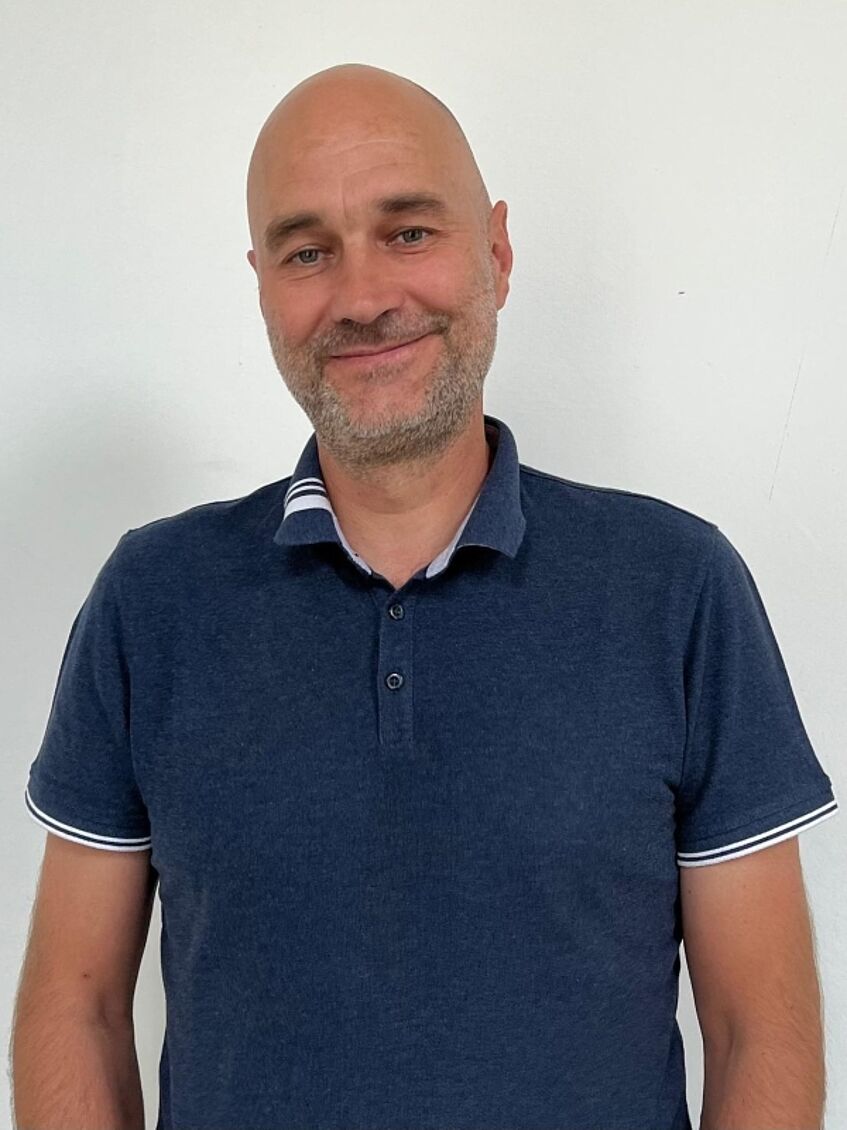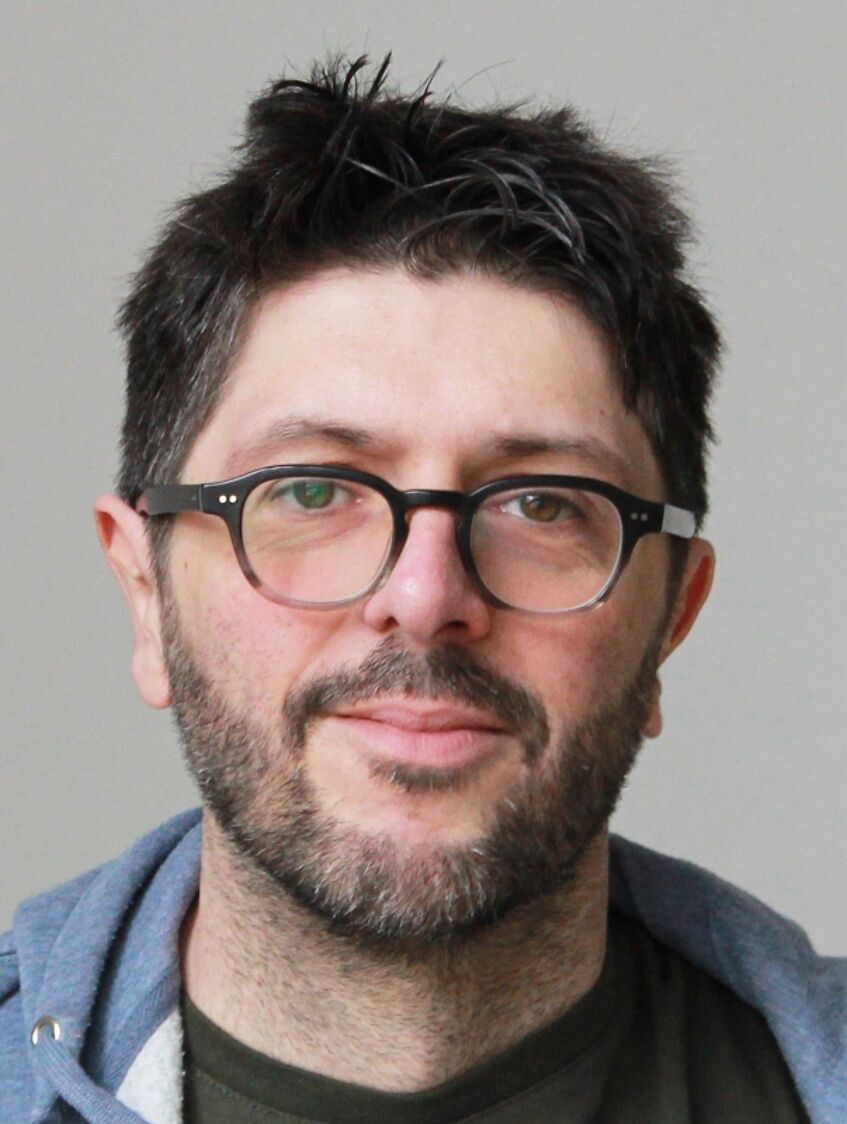Excellent Chemistry for a Sustainable Future: FWF Funds Circular Bioengineering Cluster with €16 Million
The Cluster of Excellence Circular Bioengineering brings together bioengineering, materials science, and chemistry to design sustainable processes based on circular, next-generation biomaterials. Led by Roland Ludwig (BOKU), the cluster unites scientists from five leading Austrian universities with the ambitious goal of ensuring closed-loop cycles of material flows to achieve a zero-waste stream, and substance- and energy efficiency.
The research is structured around three interconnected pillars of circular bioengineering: natural resources, microbial and enzymatic conversion methodologies, and process sustainability and circularity. Engineering biological tools for the most efficient use of natural resources guides the entire cluster. The significant funding opens exciting opportunities for 50 PhD students and 20 postdoctoral researchers.
At the Faculty of Chemistry, experts from two institutes are joining forces to develop circular materials and processes. At the Institute of Material Chemistry, Prof. Alexander Bismarck, whose fungus-based leather substitute has been widely covered, and Assoc. Prof. Robert Woodward will focus on renewable material cycles. In collaboration with other members of the Cluster, they will also explore the transformation of residues into biologically benign compounds at their end-of-life.
At the Institute of Analytical Chemistry—one of the world's leading centres for interdisciplinary analytical chemistry with a focus on MS-based omics and data analysis—Prof. Gunda Koellensperger will contribute cutting-edge mass spectrometry to optimize biotechnological processes and assess the environmental impact of biobased materials. As a member of the Board of Directors, she will also lead the Communication and Transfer Unit. Computational methods developed by Jürgen Zanghellini will be crucial for transforming microbial production processes into self-sustaining systems.
The sustainable use of resources is one of the most pressing challenges of our time. Combining material chemistry, analytical chemistry, and advanced computational methods will support the transition from fossil fuel-based materials to truly circular green alternatives.

Gunda Koellensperger
My group will develop methods enabling metabolic engineering of highly efficient microbial production processes pushing the technological boundaries towards organelle specific and single cell metabolomics. We will study the environmental burden of new materials by nontargeted analysis and elemental single particle analysis.

Alexander Bismarck
Our group will focus on the development of innovative bio-based materials that rival the performance of non-degradable alternatives. We will also explore the use of fungal biorefineries in the production of valuable substrates, as well as for the end-of-life transformation of challenging substrates back into valuable feedstock, enabling sustainable material life cycles.

Jürgen Zanghellini
As a computational biologist, I use computer simulations and AI to design the transition toward a fossil fuel-free future. By integrating advanced computational tools with cutting-edge biotechnology, we're pushing the boundaries of what's possible in bioengineering and enabling a sustainable future.

Robert Woodward
As a materials chemist, my work will focus on the development of functional green materials with a planned end-of-life, aiming at replacing fossil-derived, non-degradable materials. I will design bio-derived porous polymers with tailored chemical and textural properties suitable for applications including separation, catalysis, and energy storage.
Links
- Website Cluster of Excellence "Circular Bioengineering"
- Zwei neue Exzellenzcluster mit Uni Wien Beteiligung (Medienportal Univie)
- Grüne Prozesse und nachhaltige Materialien für eine zirkuläre Bioökonomie (Medienportal Univie)
- Zwei weitere Exzellenzcluster starten (FWF Press Release)
